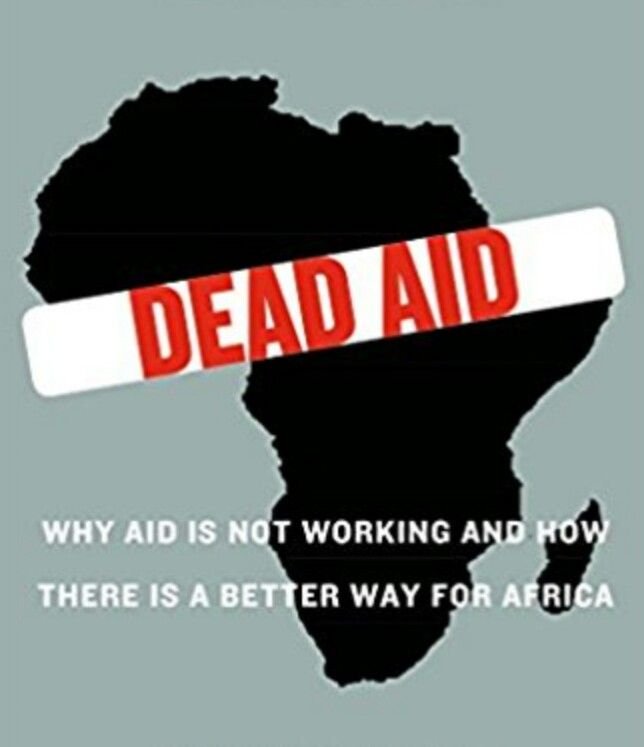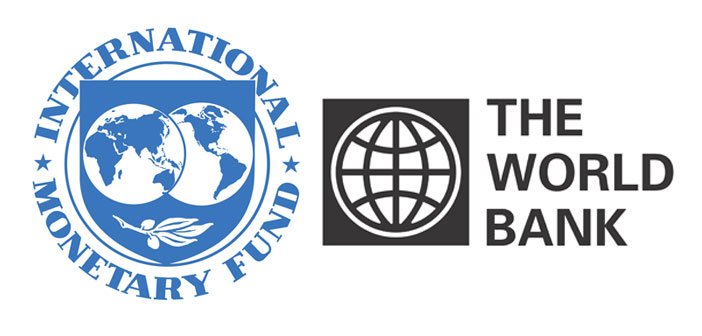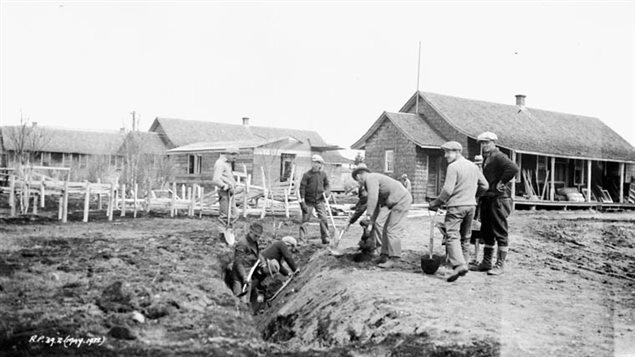“THANK YOU, BUT NO THANKS” – AFRICA’S STAND ON RECEIVING AID PART 2

In Part 1, we introduced our topic and talked about the mindset behind the numerous aid given to Africa by the west, also stating the fact that these aid were given out of good will and not out of wrong motives. We talked about how the western media covers Africa, and the consequences of this method of coverage.
We talked about the situation we have in Africa, where the western media is in-correctly covering less than 10% of what is truly happening in Africa. We talked about the fact that the challenge facing Africa and all her offspring is not a challenge of sickness, poverty and war, but a challenge of creating wealth, and giving every African child the opportunity of becoming whatever he/she dreams of becoming. And finally, we talked about wealth from entrepreneurship as the true solution to Africa’s challenges.
Today, we are going to focus on how to effectively use international aid, together with entrepreneurship, to produce sustainable growth.

When African leaders come into power, and are looking for solutions to problems in their countries, the first place they run to, is to the IMF and the World Bank. See, the fact is that even if you get ten Ph.D. holders from the World Bank to solve a problem in the computer industry, they probably can never do it better than Bill Gates, because he is in the computer industry. He doesn’t just know the theory, but knows the practical aspect of this industry.
Our governments should not be sitting with representatives from the World Bank, but rather should be sitting and reasoning with business men, entrepreneurs, enterprising leaders, tech gurus, and so on. These are the men that are the private sector actors. They have done the math required for entrepreneurial development, and have put these theories into practice for years, and have tested them. They are the ones that know what works and what doesn't. All they just need to spread these tested success formulae are the aid from international bodies.

This brings me to putting a caveat on my argument, and that caveat is that it is false to say that aid is always destructive. For us Nigerians, the aid we received during our civil war, from 1967-1970 helped build relief camps and hospitals, helped provide food and shelter, and so on. All these without a doubt served a very good role, especially in such desperate times.
Where I choose to differ is the generalization by the international aid industry of these successes as the way to go in every circumstance, and then pouring billions and trillions of dollars into these same procedures, without considering the specific circumstances of these different countries, their norms and tradition, their skill level, and so on.
For example, people in the northern part of my country Nigeria are predominantly farmers, while those at the southern part are predominantly traders. Solution for one part does not mean solution for the other. Solution for the North would be geared towards agricultural growth, while solution for the south will be geared towards trading growth.

The truth is that aid increases the resources available to the receiving government, hence making government work one that is very attractive for those seeking a career, especially here in Africa. As the aid increases, the tensions between the various ethnic groups in the country increases, as they all want to occupy the central seat of government so that they can in turn control the resources of the state, which is mostly made up of foreign aid.
Ladies and gentlemen, the most enterprising Africans are not finding the entrepreneurial opportunities they need, since the government that should be talking to them – to their own citizens, have chosen rather to talk to the IMF and to the World Bank. Because of this, the very bright and talented prospective business men and women, entrepreneurs, and private sector people, have been pressured into joining the race to enter government for their share of the foreign aid pie, rather than breaking bounds in the private sector that they were created for.
It would shock you to know that between 1960 and 2003, Africa has received over 600 billion dollars of aid, in the form of financial aid and technical assistance. Despite the huge and enormous amount of funds, yet we are still told that Africa is experiencing severe level of poverty. The question is, where has all this aid gone?

I leave you my audience to give thoughts to this issue, and the solution I have raised. And like I would always say, I do all this for my Africa – My motherland.
SOURCES
http://www.businessdayonline.com/experts-advise-entrepreneurs-strategic-business-exit/
http://unilagnews.com/2017/06/17/african-child-rhetoric-african-childs-day-femi-adeniji/
Writer : Lucy
Congratulations @positivethinker! You have completed some achievement on Steemit and have been rewarded with new badge(s) :
Click on any badge to view your own Board of Honor on SteemitBoard.
For more information about SteemitBoard, click here
If you no longer want to receive notifications, reply to this comment with the word
STOPOh I see. Now I know more about Africa but don't worry I am sure Africa is still improving inspite of the mistakes that might have happened. You just gotta let your government know about it. 👍
Maybe send this post link of yours to the president's social media or something. That way they will probably think twice next time.
I'm sure there is a way to get your message across to African government leaders.